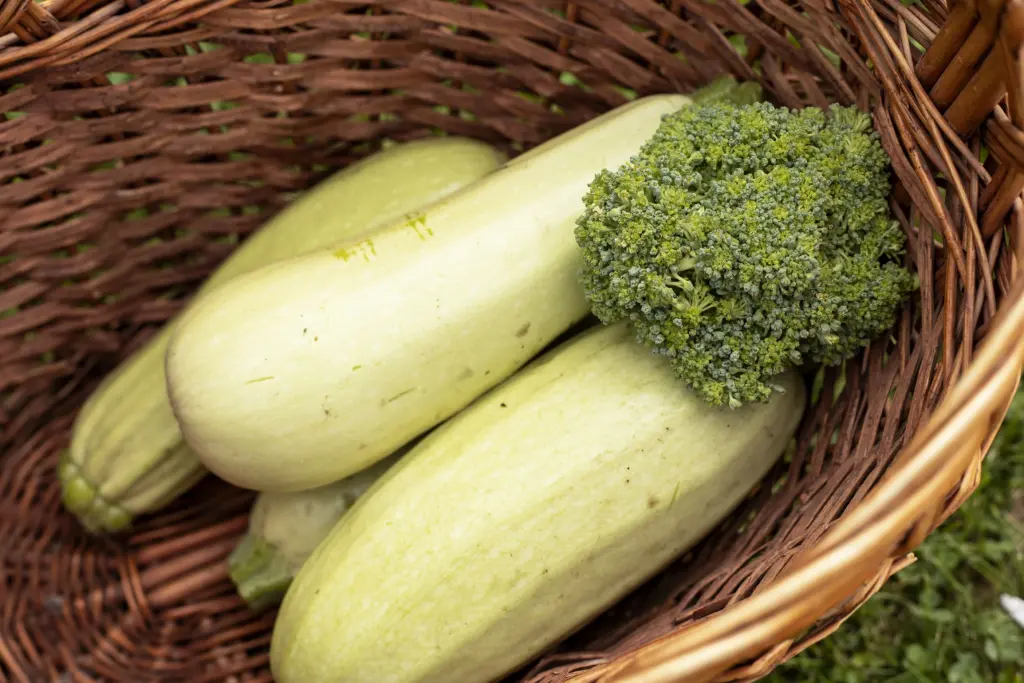Welcome back to Tasty Words, our delicious spelling series all about where food words come from-and why they’re spelled the way they are!
Last time, we met foods with ancient roots in gods and goddesses. This time, we’re packing our suitcases (and lunchboxes) to explore words that travelled across the world before landing in English.
When words come from other languages, they often keep their original spellings or unique sounds-which can make them tricky but also super interesting to learn!
🧄 Answer from Last Time: Garlic!
Remember the mystery word we gave you? Here’s the scoop!
Garlic comes from Old English:
⦁ Gar = “spear” (because of the long, pointy green stalks)
⦁ Lic (or leac) = “leek” (an old word for a plant or vegetable)
So garlic literally means spear-leek-a perfect name for this bold-flavoured bulb with leafy spears. Pretty cool, right?
Now let’s take a look at a few words that came from faraway places, each with a flavour (and spelling!) all their own.
🥯 Bagel
Where it comes from: The word bagel comes from Yiddish, a language spoken by Jewish communities in Eastern Europe. It originally meant “bracelet”-because of its round shape!
Spelling snack: It ends in -el, just like tunnel or chapel. Watch that “g”-it’s a hard /g/ sound!
Word detective tip: Look for other round things that end in -el-pretzel, bagel, carousel…
🌯 Burrito
Where it comes from: This Spanish word means “little donkey”! Why? Because burritos can carry lots of tasty fillings, just like donkeys carry heavy loads.
Spelling snack: That double r makes the sound roll in Spanish-but in English, we pronounce it plainly: buh-REE-toh.
Try it: Say burrito slowly. Which letters are the same in tornado?
🍛 Curry
Where it comes from: The word curry comes from the Tamil word kari, which means “sauce.” It travelled from South India to the UK and beyond.
Spelling snack: It’s a great example of a word that sounds like it looks-easy to decode: cur + ry.
Did you know? Not all curries are spicy-some are mild, creamy, or even sweet!
🔤 Spelling Tip: Say It, See It, Spot the Origin!
Words from other languages often look a little different in English. Some:
⦁ Keep their original spelling (bagel, burrito)
⦁ Are simplified for English readers (curry, yogurt)
⦁ Have fun meanings that give us spelling clues (like burrito = little donkey)
🕵️♀️ Try It!
Can you guess where this word might come from?
⦁ Clue 1: It’s a popular street food made from chickpeas.
⦁ Clue 2: The name might come from an Arabic word meaning “peppery” or “spicy.”
What do you think? (We’ll reveal it next time!)
✈️ Up Next…
Next time, we’ll explore “From the Farm to the Fork”-with food words that sprouted from the ground up, like broccoli, zucchini, and garlic. Dig in with us next week!
Want to share this with your class or curious kids at home? You can turn this post into a mini geography-meets-spelling activity. Just ask: Where did this word travel from? How is it spelled? What does it remind you of?




